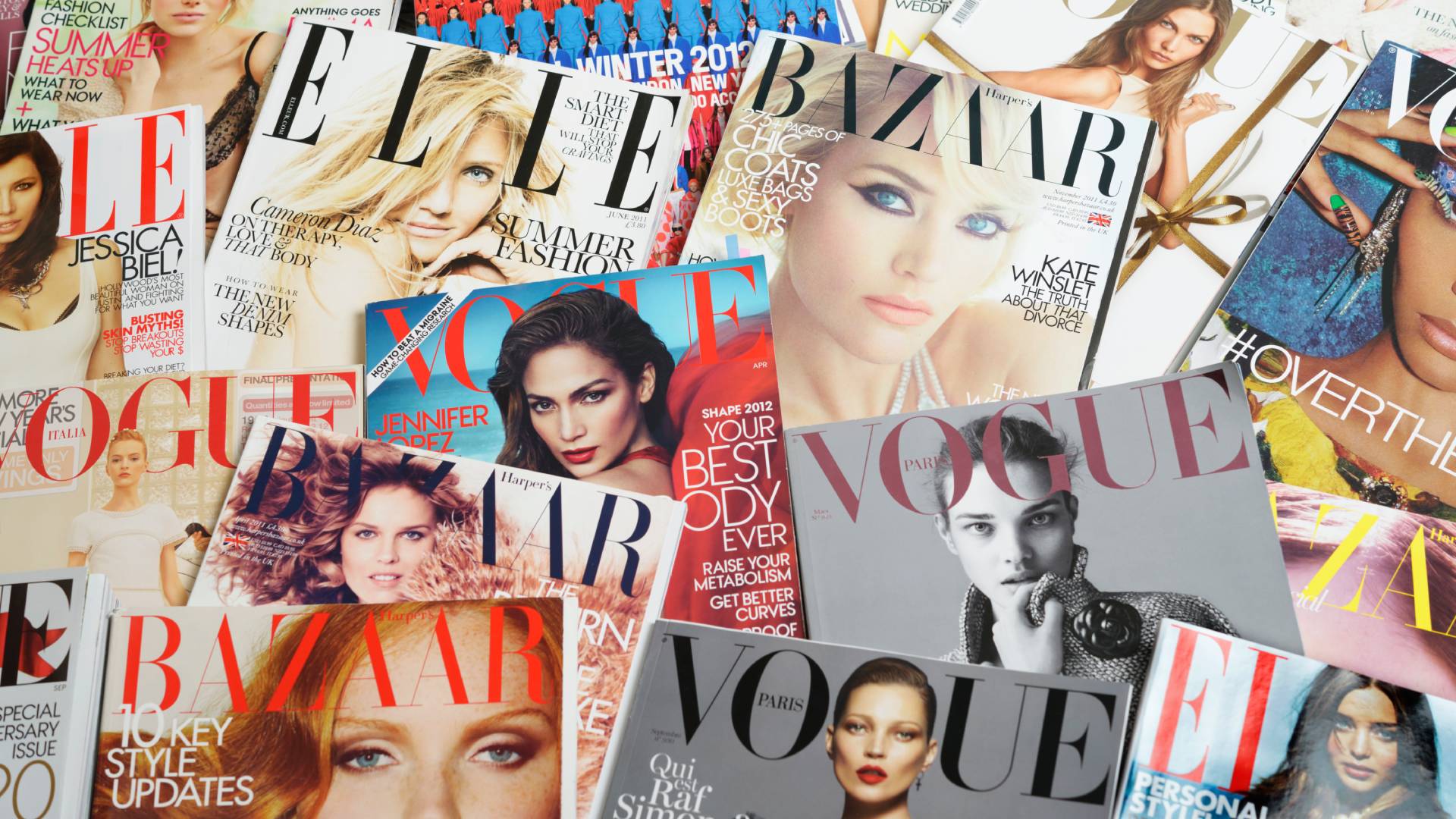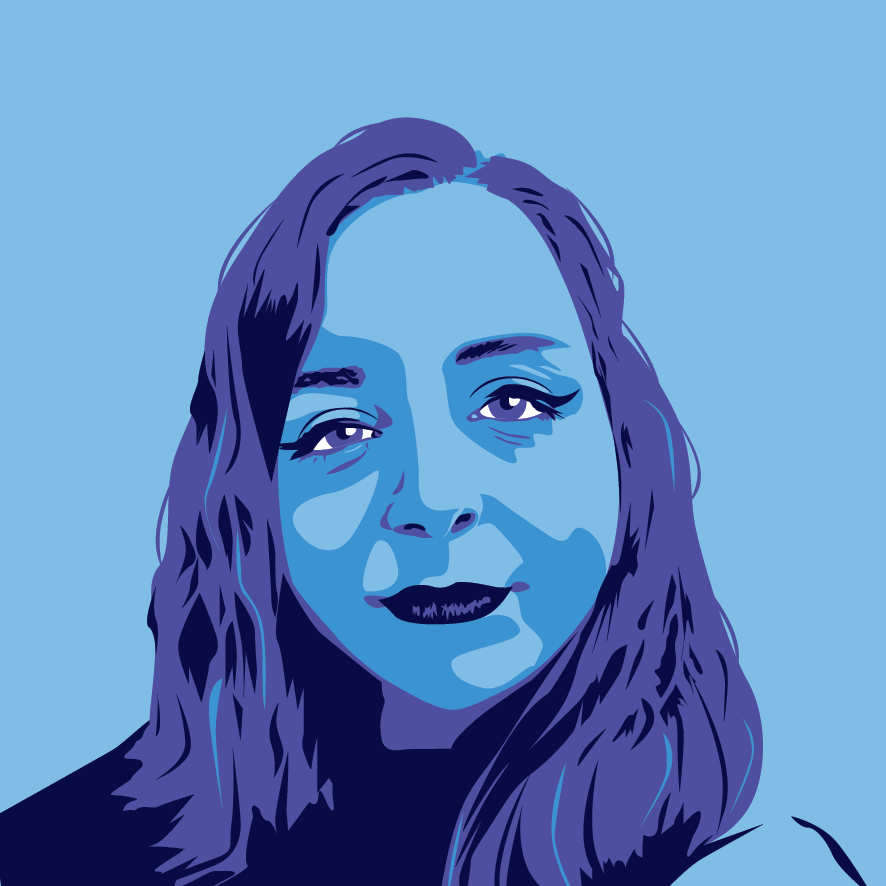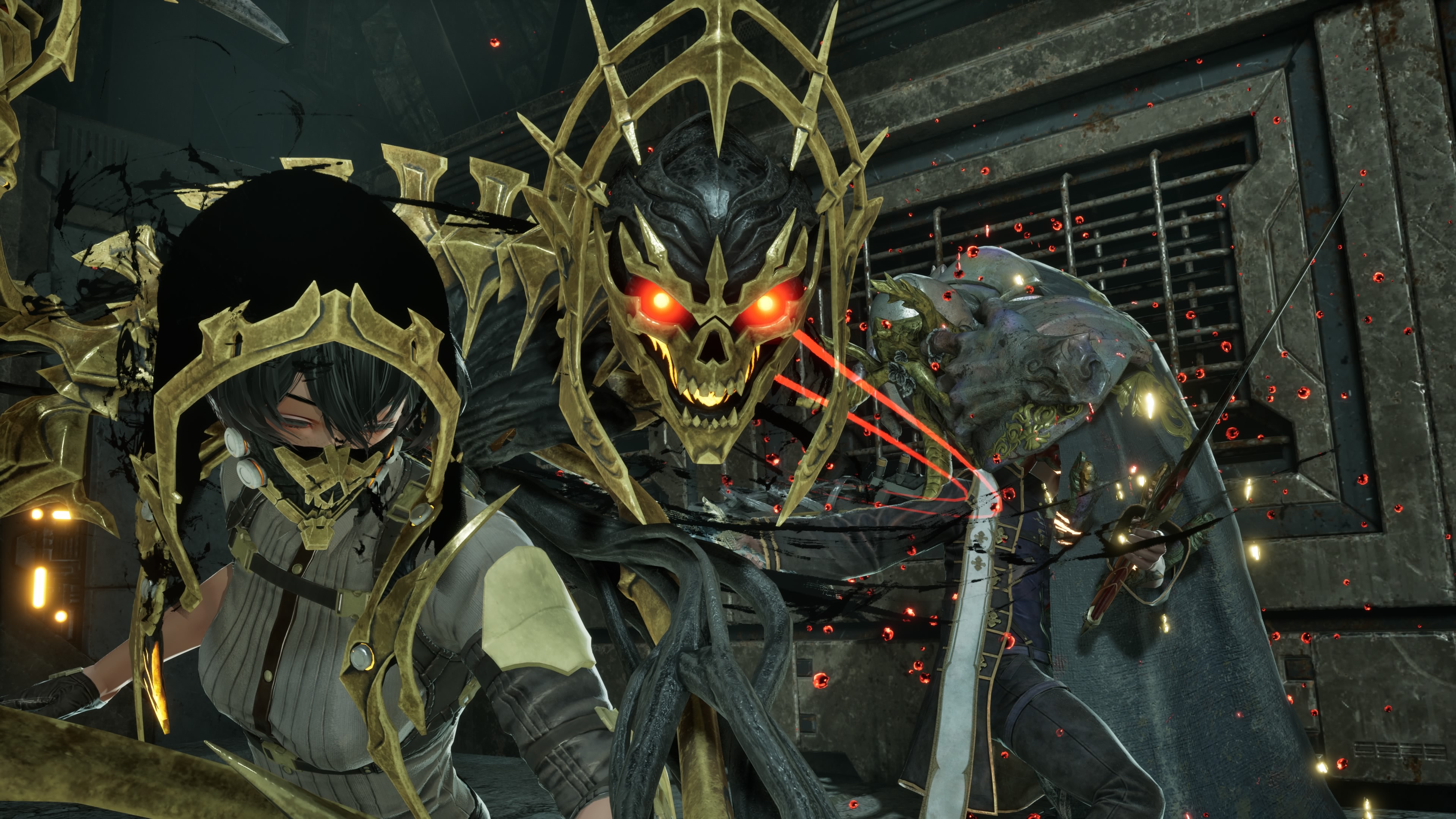She's unreal: Fashion ad seen in Vogue stokes controversy by featuring AI-generated model, but the creators say 'we don't create unattainable looks'
Head-turning for all the wrong reasons.

I accepted long ago that I have what can be generously described as 'a face for radio.' We can't all be supermodels, so I focussed on building other skills. However, that doesn't mean I think a career in modelling is a cake walk, or that models aren't also hard-working creatives like me. As such, with LLMs attempting to do what I do, I'm completely unsurprised to hear generative AI is now being leveraged in the fashion world too.
Vogue is still one of the best-known print fashion publications out there, with their August edition featuring an ad for Guess that centres an AI-generated model (via BBC News). Vogue itself has been quick to clarify the ad was not an editorial decision, though has been reluctant to comment further on the situation. Mind you, I doubt the publication will mind if this controversy manages to sell a few more print issues.
Looking halfway between Margot Robbie and Emily Ratajkowski, the 'model' is the creation of Seraphinne Vellora, an AI marketing agency with a focus on luxury and high-end fashion brands. The company's founders, Valentina Gonzalez and Andreea Petrescu, told the BBC they were first approached by Guess over Instagram.
Guess co-founder Paul Marciano asked the marketing agency to produce AI models to feature in the brand's upcoming summer campaign, eventually choosing two from a selection of 10 'draft' models that the agency then developed further (Marciano is also credited as the ad's art director). According to Gonzalez and Petrescu, the entire process can take a month from initial concept to completion, and cost a client brand like Guess somewhere around the low end of six figures.
Let me be crystal clear: modelling is a real job. Making that level of poise look effortless in the moment is hard work just for a start, to say nothing about the behind-the-scenes upkeep. I would invite anyone still intent on insisting it's a doddle to try getting up on a catwalk themselves sometime. So yes, I do see this as another occasion where AI is being used to take control and opportunities away from human creatives.
Vogue is under fire for featuring a Guess campaign in their latest issue that used an AI generated model pic.twitter.com/bZnScQhlfhJuly 24, 2025
Seraphinne Vallora asserts it isn't trying to replace human models, and even offers models the service of creating an 'AI digital twin' so they never have to choose between two conflicting jobs again. For me, the obvious question that poking around the agency's website didn't immediately answer is "who retains the rights to the model's image and how easy is it to 'delete' an AI twin if a model wishes to stop using this service?"
With regards to the Guess ad, Petrescu claims, "We're offering companies another choice in how they market a product," with Seraphinne Vallora's website pitching the agency as 'hassle-free' with "no studios, no logistics, no production chaos." You know, all that messy stuff that often comes with the territory of working with skilled, human creatives that could otherwise be remedied through proper, invested management.
Keep up to date with the most important stories and the best deals, as picked by the PC Gamer team.
The co-founders argue they're actually creating jobs, as their work requires a reference shoot with a flesh-and-blood photographer and model so their AI can be trained on images of how a brand's products look in real life. I can only wonder, if an agency is already going to all that trouble (and charging brands six figures to boot), what is the point of the AI? Why not just shoot it for real?
Although I can't claim to know the real motives, the most obvious, possible answer that comes to mind is control—for instance, an AI model isn't going to veto a creative decision regarding her image like a human model might. An AI model also isn't going to complain about poor communication, long hours, or lacking compensation.
A post shared by Seraphinne Vallora (@seraphinnevallora)
A photo posted by on
There's also the usual hub-bub about how AI fashion ads could affect young people's self-perception and ideas about body image. The Guess ad, offering a standard of beauty that is expressly unreal, does feature a teeny tiny disclaimer close to the magazine's spine that declares the use of AI—but I think I'm hardly off-base in saying this is easily overlooked.
To relate this back to videogames, we've already seen bizarre beauty standards cause some folks to have a normal one about Aloy's face—to say nothing about that leaked internal video out of Sony showing AI being used to puppet the Horizon Zero Dawn protagonist. This video came to light last year during SAG-AFTRA's extended strike, with Aloy actor Ashly Burch using this flashpoint to call for "common sense protections" for performers working in the videogame industry. It's yet one more example of AI being used as a replacement for real human creativity.
A post shared by Seraphinne Vallora (@seraphinnevallora)
A photo posted by on
Going hand-in-hand with the 'unattainable beauty standard because the featured model in the Guess ad is literally not real' issue, is also the subject of model diversity. The BBC broached the subject with Seraphinne Vallora's founders, and Gonzalez gave the following infuriating response, "We've posted AI images of women with different skin tones [on the agency's Instagram account], but people do not respond to them—we don't get any traction or likes."
The company also claims that their AI tech simply isn't advanced enough to generate a plus-size model, and Petrescu says, "We don't create unattainable looks—actually the AI model for Guess looks quite realistic. Ultimately, all adverts are created to look perfect and usually have supermodels in, so what we are doing is no different."
So, basically this is another example of an AI-focussed company deploying the 'it was broken when I got here' defense, absolving themselves of all responsibility for maintaining a poisonous industry status quo. Classic.
A post shared by Seraphinne Vallora (@seraphinnevallora)
A photo posted by on
But as tempting as it would be to dunk on this marketing agency for many more paragraphs, I think it's worth emphasising that leadership at Guess itself approached Seraphinne Vallora on this venture.
As much as writing about it may play into the Guess game plan, I also still think it's worth highlighting the labour issue—not that Guess makes anything that would actually flatter my all too human body, but it's just one more reason for me to look for wardrobe favourites elsewhere. So long as fashion house leadership thinks it's worth courting the controversy, AI models and agencies like Seraphinne Vallora will continue to proliferate, further shuffling flesh-and-blood creatives out of the labour loop… and that's all without getting into the deeply questionable labour practices of the fashion industry more broadly.

1. Best overall:
HP Omen 35L
2. Best budget:
Lenovo Legion Tower 5i
3. Best compact:
Velocity Micro Raptor ES40
4. Alienware:
Alienware Aurora
5. Best mini PC:
Minisforum AtomMan G7 PT

Jess has been writing about games for over ten years, spending the last seven working on print publications PLAY and Official PlayStation Magazine. When she’s not writing about all things hardware here, she’s getting cosy with a horror classic, ranting about a cult hit to a captive audience, or tinkering with some tabletop nonsense.
You must confirm your public display name before commenting
Please logout and then login again, you will then be prompted to enter your display name.

